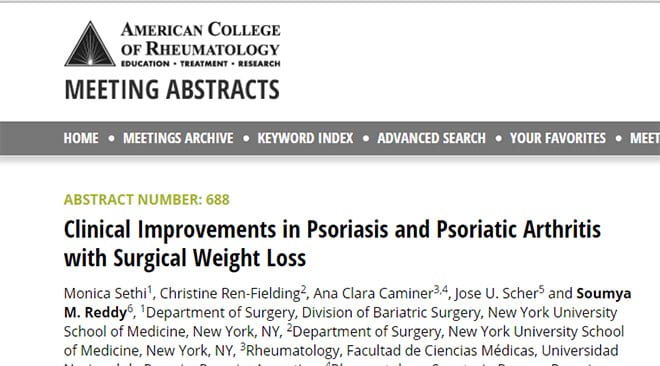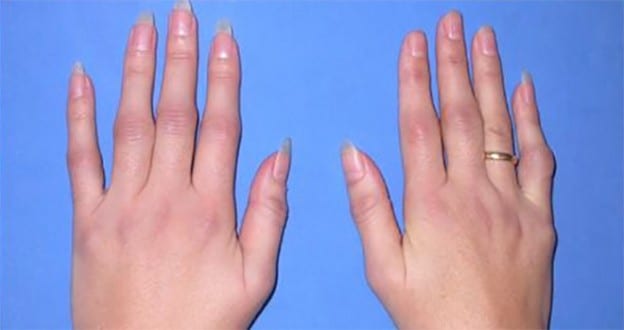Preventing joint damage
Psoriatic arthritis is a type of arthritis that develops in some people who have psoriasis.a chronic skin disease characterised by thickening and reddish patches on the skin, which are often dotted with dry, white scales. It can cause pain and swelling in the joints - similar to rheumatoid arthritis.-. Any joint can be affected and pain can vary from mild to severe. In both psoriasis and psoriatic arthritis, symptoms may flare up, regress and then flare up again.
People with psoriatic arthritis often feel tired and depressed because of the chronic itching and pain that accompany both diseases. Although there is no cure, there are effective treatments that can help relieve symptoms and even help prevent further joint damage. The sooner therapy is initiated, the less time the disease has to progress and cause permanent joint damage.
In addition to conventional medication or other possibilities offered by the biological and regenerative medicineIt is also important to consider other measures to help cope with psoriatic arthritis.
Increased physical activity can help the body "feel good" by releasing endorphins. The regular exercise promotes relaxation and can keeping joints flexible and maintain your overall health. Walking, swimming, stretching, yoga and stationary cycling are all recommended activities for psoriatic arthritis.
Stress and anxiety can worsen psoriasis and complicate chronic pain. Taking measures to relieve stress - such as visualisation therapy, biofeedback or meditation - can help combat day-to-day variations in symptoms of both conditions, and levels of itching and pain. Reducing stress can also help treatment work better. Smoking is associated with an increased risk for the development of psoriasis so consider stop smoking for psoriasis and for your overall health. Drinking alcohol can make your skin worse and decrease the effectiveness of treatment, so you may need to limit your alcohol intake may be another way to help control psoriasis.
Finally, do what you can to protect and preventing joint damage. Changing the way you carry out everyday tasks can make you feel better. For example, you can avoid straining your finger joints by using tools to open jars or jars without damaging your fingers, not lifting heavy pans' or other objects with both hands, or pushing open a door with your whole body instead of just your fingers.
Psoriatic arthritis: Weight reduction relieves symptoms
Psoriasis and psoriatic arthritis symptoms significantly reduced in patients undergoing bariatric or weight loss surgeryaccording to researchers at NYU Langone Medical Center.

According to the authors of the studyThe results suggest that losing excess weight can improve the symptoms of people with these chronic diseases.
NYU Langone researchers believe that obesity may contribute to the risk of developing psoriasis and psoriatic arthritis through systemic inflammation of tissue by fat.
"Psoriasis and psoriatic arthritis are chronic inflammatory diseases that can be very uncomfortable and often painful for patients, so any treatment to reduce symptoms can improve quality of life," says the study's lead author. Soumya Reddy, MD, assistant professor of medicine in the division of rheumatology at NYU Langone, and co-director of the psoarthritis centre. "Our study showed that those who reduced their excess weight could see significant symptomatic relief."

Researchers say that losing excess weight can reduce inflammation throughout the body and pain caused by extreme excesses of fat tissue.. The study was presented on Sunday 08 November 2015 at the annual meeting in San Francisco on ACR and ARHP (American College of Rheumatology Meeting).


